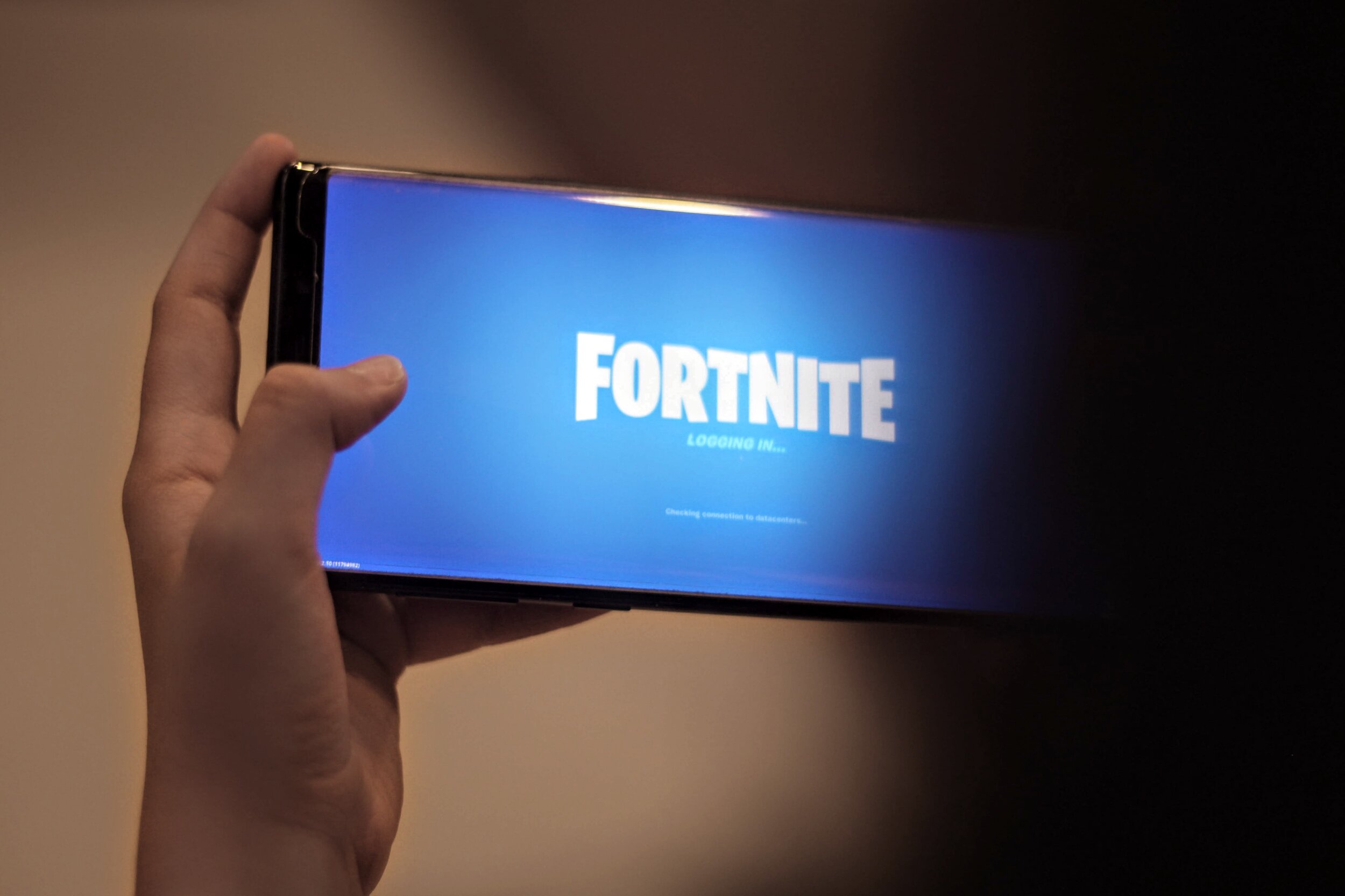Epic Games’ Antitrust Suit Against Apple Reveals Again the Harms of Tying
Open Markets Institute emphasizes the need to preserve good antitrust doctrine and to protect the public from tying by monopolists
WASHINGTON – Epic Games filed an anti-monopoly lawsuit against Apple after Apple removed Epic’s popular video game, Fortnite, from Apple’s platform. The lawsuit alleges that Apple monopolized the sale of iPhone apps and improperly tied the App Store with in-app payments for making purchases on Fortnite and other iPhone apps.
The lawsuit comes just two weeks after Apple CEO Tim Cook testified in a congressional hearing on Big Tech, alongside the CEOs of Facebook, Amazon, and Google. At the hearing, Rep. Hank Johnson questioned Cook about Apple’s monopoly over the sale of iPhone apps. Johnson said, “Developers have no choice but to go along with [Apple’s policies], or they must leave the App Store. That’s an enormous amount of power.” Epic quoted Rep. Johnson’s observation in its complaint.
In response to the suit, Sandeep Vaheesan, legal director of Open Markets Institute, issued the following statement:
“The American public’s tolerance for antitrust violations and monopoly control is waning fast. The recent Big Tech hearing was the rallying cry that Americans needed, and we’re seeing a quick payoff. This lawsuit between Epic Games and Apple epitomizes the serious dangers posed by unchecked tying and other exclusionary practices by monopolists and other dominant firms.
“When firms such as Apple dominate a market, they decide who participates and on what terms. They exercise state-like power without the checks and balances that come with democratic government. Epic’s lawsuit is an important move against Apple’s monopoly in the sale of iPhone apps. The federal judiciary must enforce existing antitrust prohibitions, including the categorical ban on tying by firms with power, and open the app market for iPhone owners and app developers. “
On August 3, Open Markets submitted an amicus brief in the Court of Appeals for the Fifth Circuit describing the harms of tying arrangements and the existing legal restrictions on the practice.
In September 2018, Open Markets filed an amicus brief in the Supreme Court in support of a consumer class action against Apple’s App Store monopoly. The Supreme Court, adopting arguments made in Open Markets’ brief, ruled in favor of the consumer class and allowed them to take their suit to trial.
###


